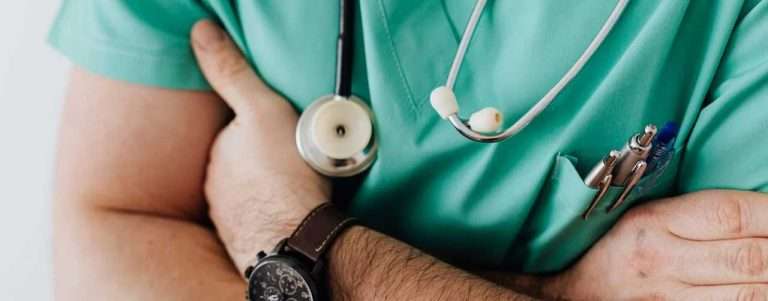“The need for connection and community is primal, as fundamental as the need for air, water, and food.” ~ Dean Ornish, Clinical Professor of Medicine at the University of California
Most approaches to addiction treatment encompass a deep understanding of how vital connection is to recovery. From AA meetings to residential rehabilitation centers, group counseling, and sober living facilities, they all share the same focus on connection to others.
Johann Hari’s widely acclaimed 2015 TED talk titled ‘Everything You Know About Addiction is Wrong’ focuses on the power of connection during recovery. Hari stated that “the opposite of addiction is not sobriety. The opposite of addiction is connection.”
Connection is Vital to Our Survival
A growing wealth of research demonstrates that social connection is as vital a need as our requirements for food, water, and shelter. Humans are hardwired to be inherently social creatures, and this has ensured our survival and evolution. We are more socially connected than any other animal on the planet.
We thrive on community support, and kindness and emotional connection boost self-esteem, self-value, and confidence.
Numerous studies have evidenced that people with strong, positive connections live healthier, happier, and longer lives. A 2010 study indicated that people with strong social relationships were 50% more likely to survive than those without.[1]
Positive social networks play a key role in our overall well-being and physical and mental health. Research demonstrates that feeling connected and supported to others can help:
- maintain a healthy BMI
- decrease cancer risk
- control blood sugars
- improve cardiovascular mortality
- decrease the risk of depression
- improve PTSD symptoms
- reduce stress levels
Social isolation is the opposite of connection, and this has been shown to have a detrimental effect on health, including:
- heart disease
- high blood pressure
- obesity
- increased cancer risk
- poor immune function
Even short periods of isolation and loneliness have negative consequences and can lead to fear, anger, anxiety, depression, sleep disorders, PTSD, and substance misuse.
The COVID-19 pandemic has highlighted this reaction to social isolation as new trends of substance abuse have emerged. For example, online alcohol sales in America increased 262% from the 2019 figures during the first lockdown in 2020.
Connection During Recovery
Strong support networks are essential for long-term recovery. Numerous studies have demonstrated that those without positive support networks are far more likely to relapse. The three areas below are beneficial for healing and can be cultivated through social connections.
Mental State
Difficult emotions, challenging situations and feeling helpless, insecure, or worthless all cause internal stress that we want to escape from. As such, people commonly cite stress, anxiety, and low mood as triggers for cravings and relapse. Life isn’t always easy or predictable, so it’s essential to find healthy coping strategies.
Communicating and being supported by others is key to managing these emotions without turning to substance abuse. Additionally, sober peers provide a safe space for those in recovery to be honest, transparent, and free from judgment. This is a two-way learning experience that can be hugely beneficial and motivational for recovery.
Resources
Supportive resources can be a challenge in recovery as once people have left residential rehab; they can feel alone and without help and support. Of course, this is not true as all treatment programs will offer post-rehabilitation care and therapeutic connection; however, the lifestyle change can appear overwhelming. A support network shares the burden of life. They will help if you need a shoulder to cry on, an ear to listen, or simply a hand with the food shopping. It can be challenging to ask for help when we are adults, but none of us have to struggle alone.
Read more: Detox Orange County
Purpose
Recovery is a long journey and comes with ups and downs. A sense of purpose can be strengthened as having a strong network – notably a sober one – keeps us focused. Relationships that have been damaged by addiction can be rebuilt with trust, and intimacy can be restored. In addition, loved ones can act as a reminder of why recovery is so important and can inspire and motivate the individual in recovery. We all need a purpose to keep us going through the dark days, and our connection to friends, family and loved ones can be a hopeful beacon towards a brighter, healthier future.
Sobriety ultimately comes down to the choice and actions of a single individual; however, care, support, and connection decrease the likelihood of relapse, and make cravings and triggers more manageable. Relationships boost our physical and psychological health and our overall well-being. Connection, conversation, and community give us the strength and purpose to meet life’s challenges with confidence. Take care of your loved ones and allow them to take care of you.






